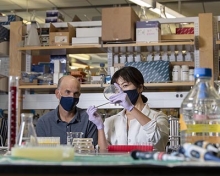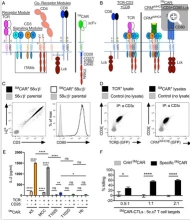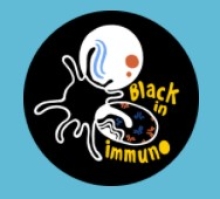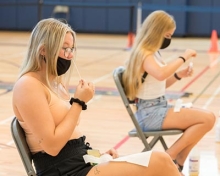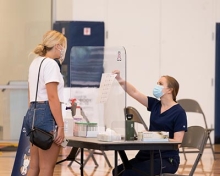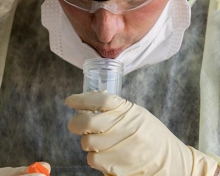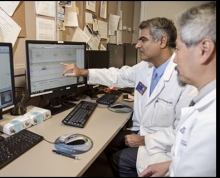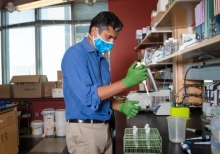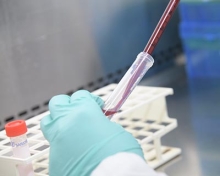News
UArizona Health Sciences immunobiologists have created a five-module chimeric antigen receptor T cell that is showing early potential to fight Type 1 diabetes.
At 7,541 administered from Nov. 9-13, the university’s COVID-19 testing, which continues through Nov. 25, is succeeding in goal to test large numbers of students before they head home for holidays.
The university will expand in-person instruction with half the semester left to go, bringing about 1,500 more students to campus a week.
Researchers are expanding research showing that creating good sleeping habits can help people quit smoking to focus on smokers who are HIV positive.
The contribution will allow UArizona researchers to continue developing better, more efficient and effective tests for people across the state.
The university also will conduct a testing blitz prior to the Thanksgiving holiday in an effort to reduce travel-related spread of COVID-19.
A new diagnostic test for coronavirus relies on gargling with saltwater instead of using a nasal swab. Initial results have been encouraging, UArizona virology expert Dr. Michael Worobey says.
The university is currently allowing courses of up to 50 students to meet on campus. After Thanksgiving, all courses will transition to being fully online.
Give yourself the gift of good health! The University of Arizona Health Sciences is offering an uplifting program to improve health and reduce stress.
The Arizona portion of an 11-state effort, funded by a $12 million federal award, to address the uneven impact of the pandemic on racial and ethnic minority communities will be led by the UArizona Health Sciences.
Researchers developed one of the most accurate COVID-19 antibody tests available and now have shown antibodies persist for months after infection, providing long-term immunity.




